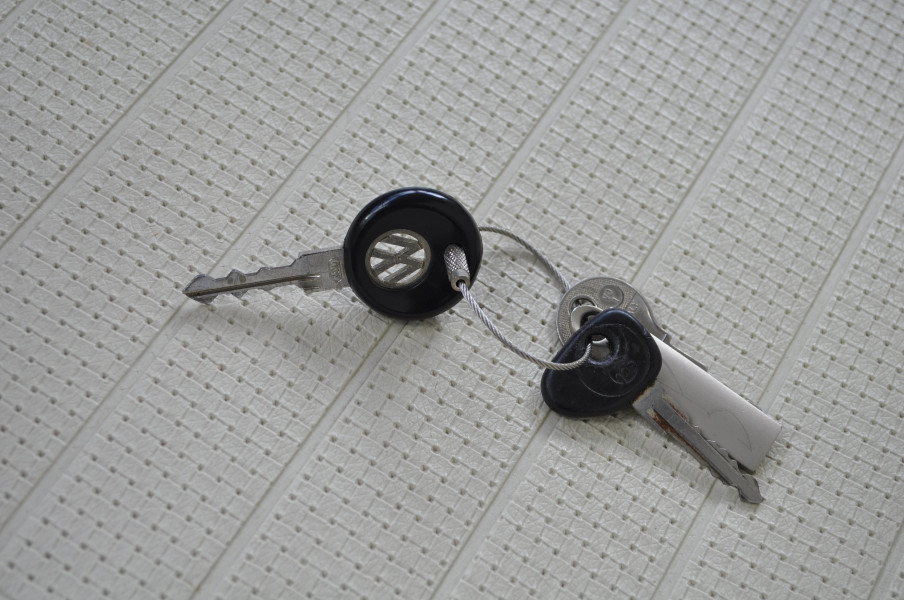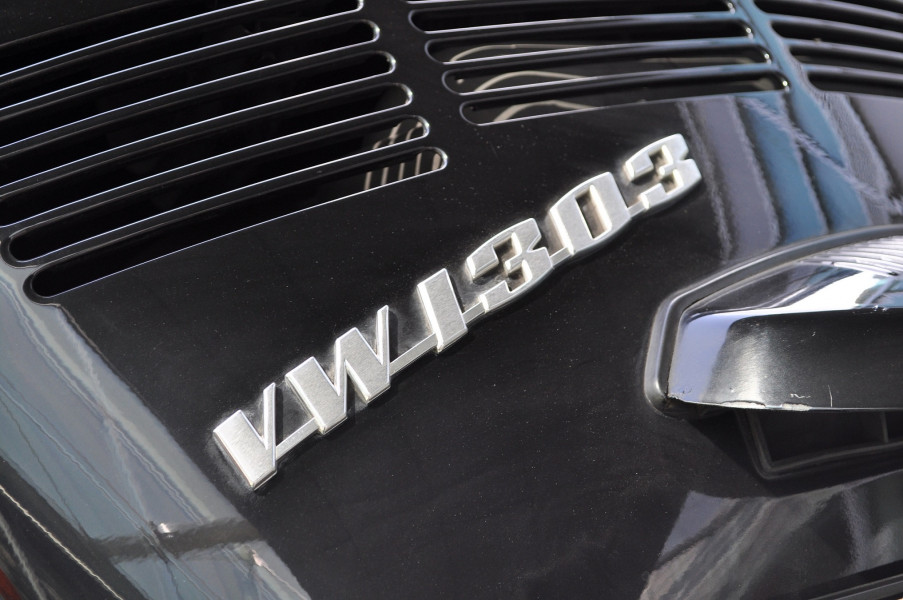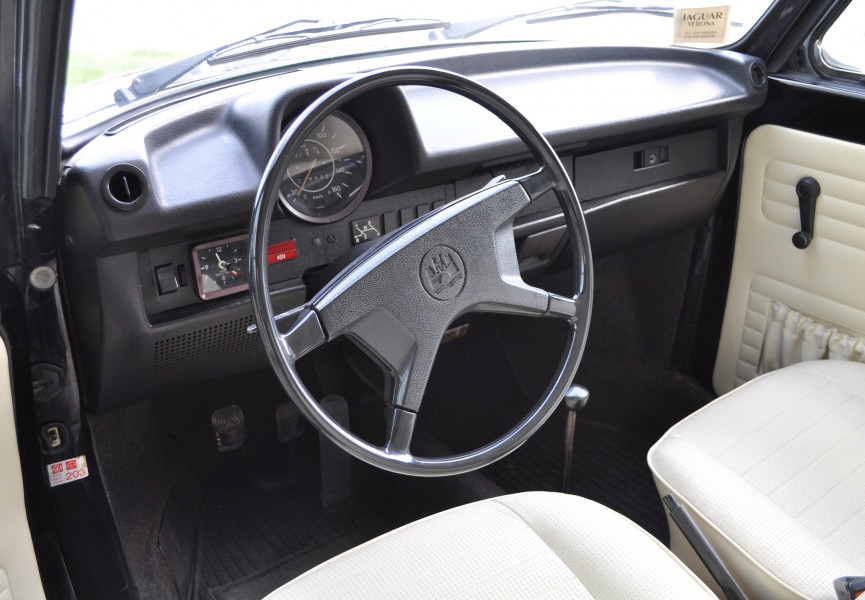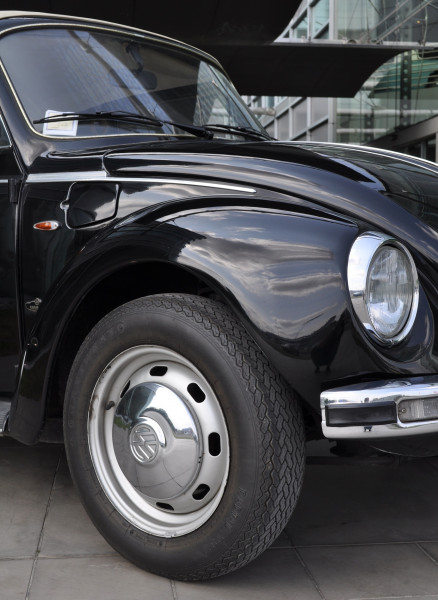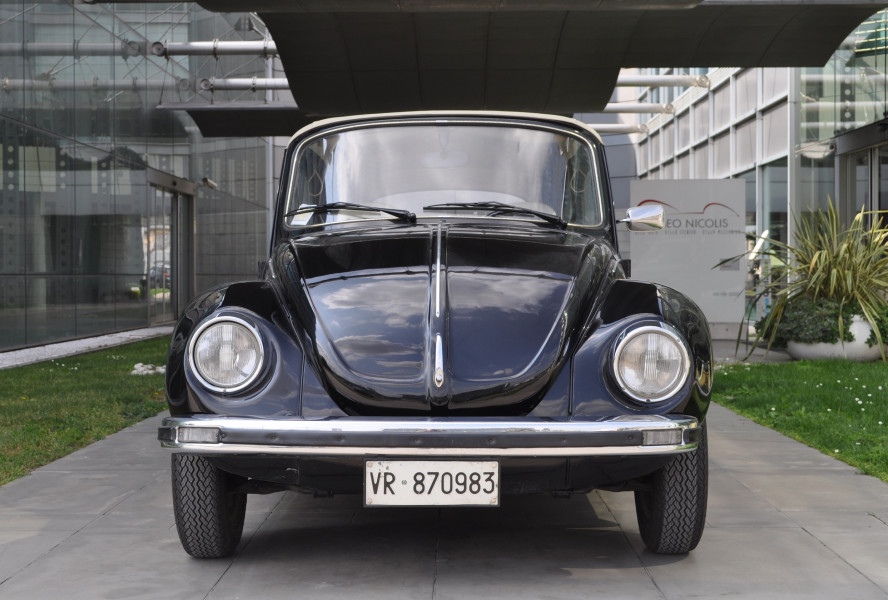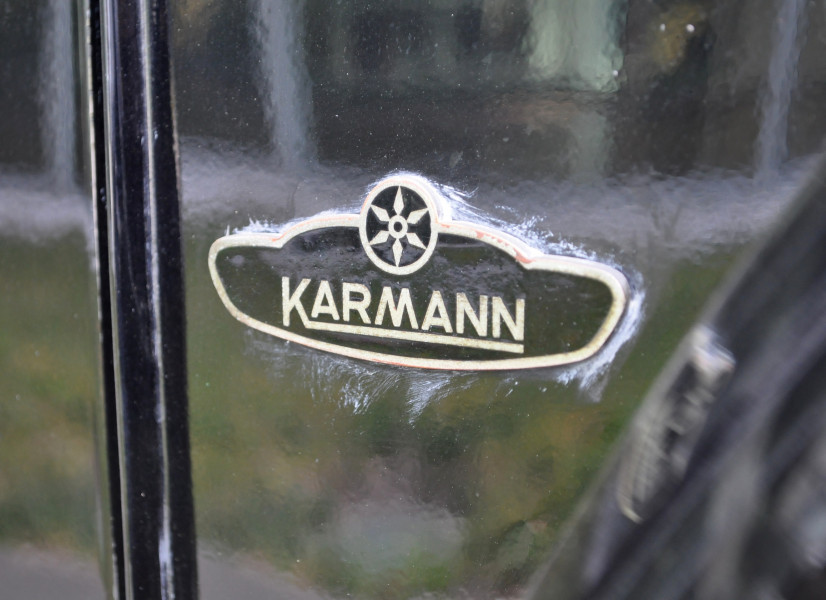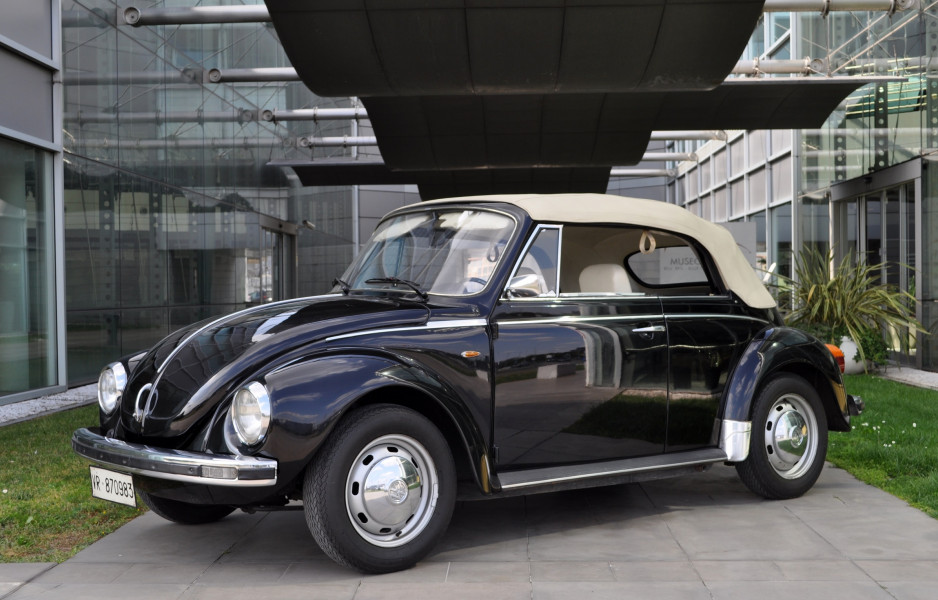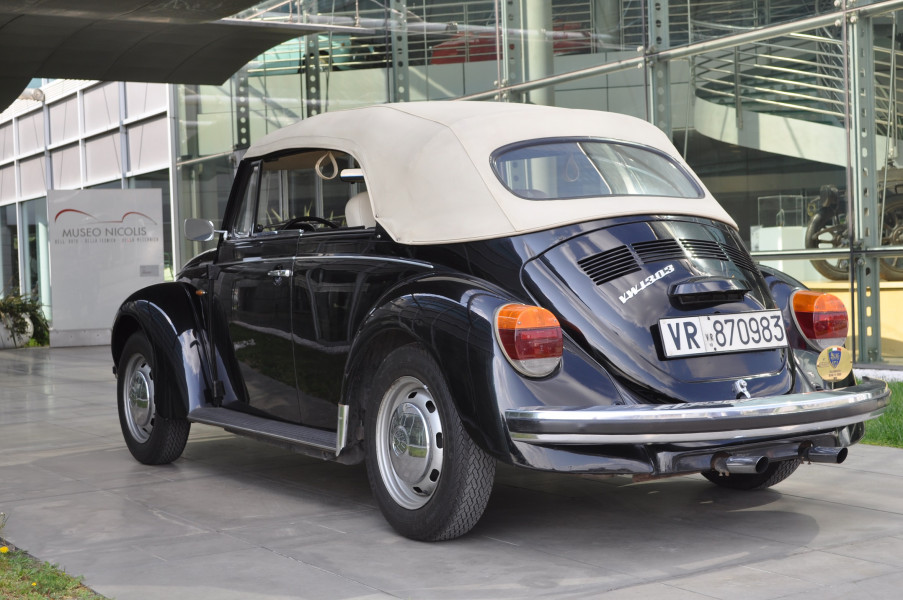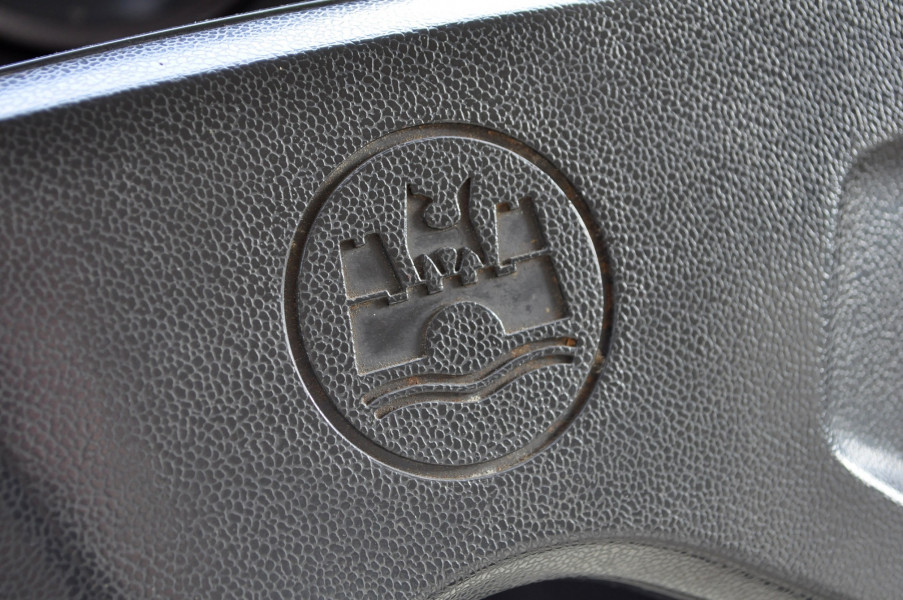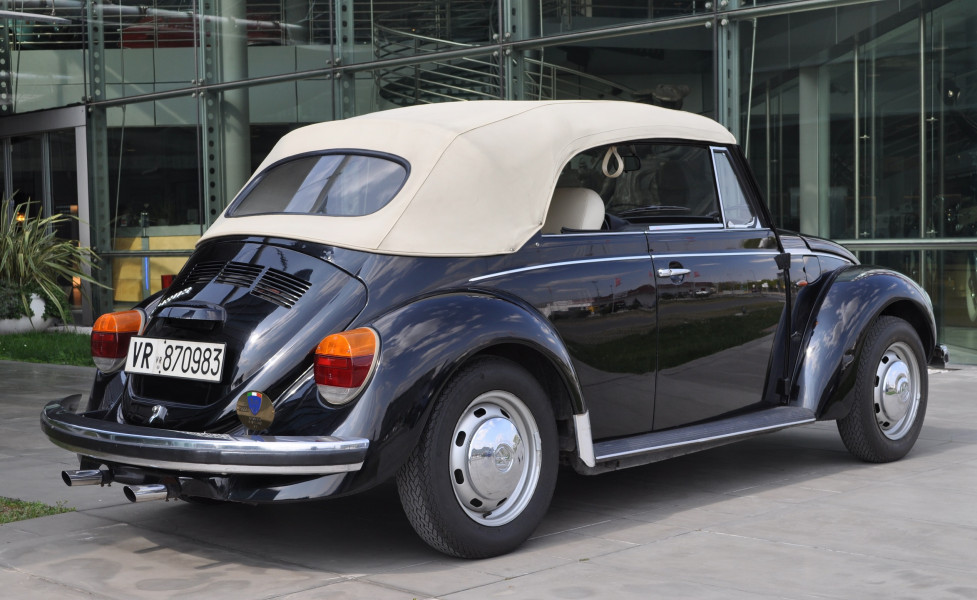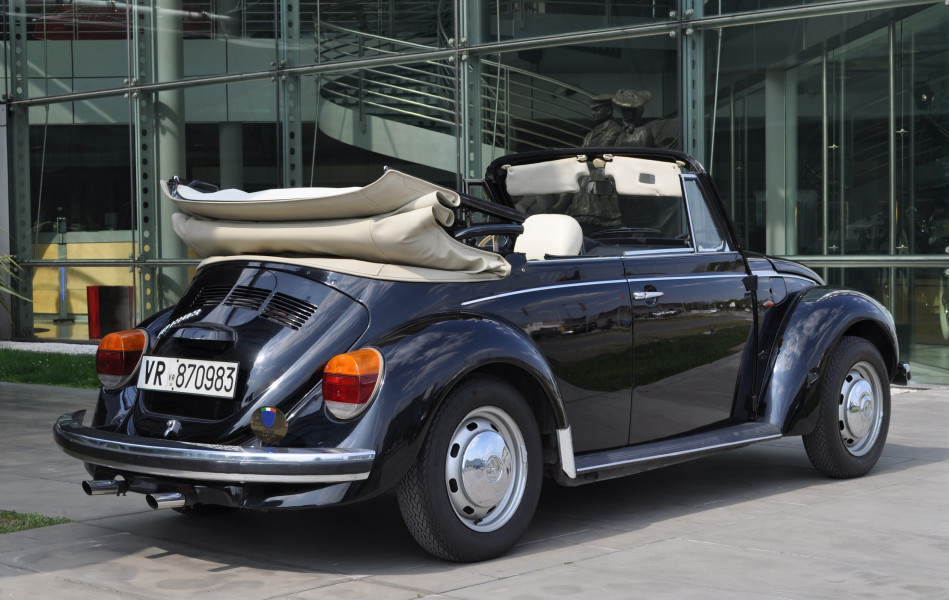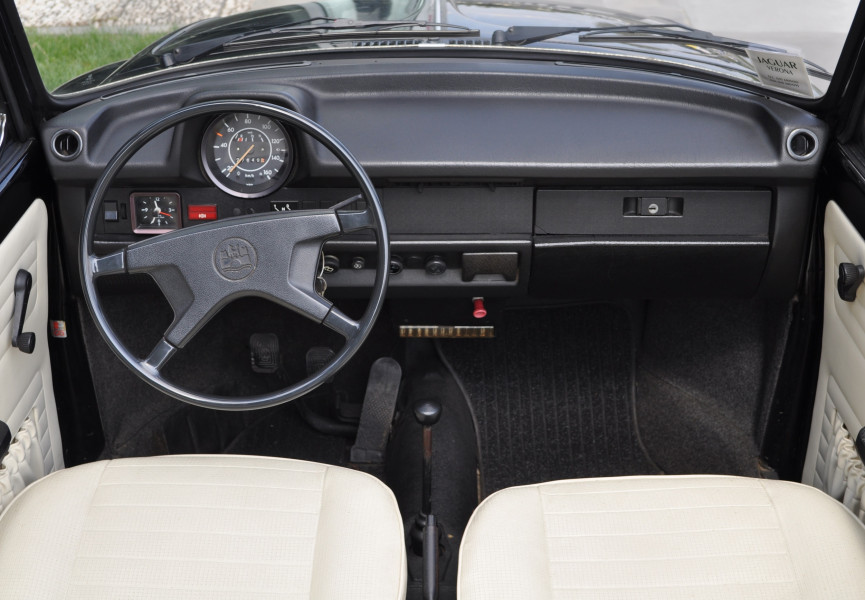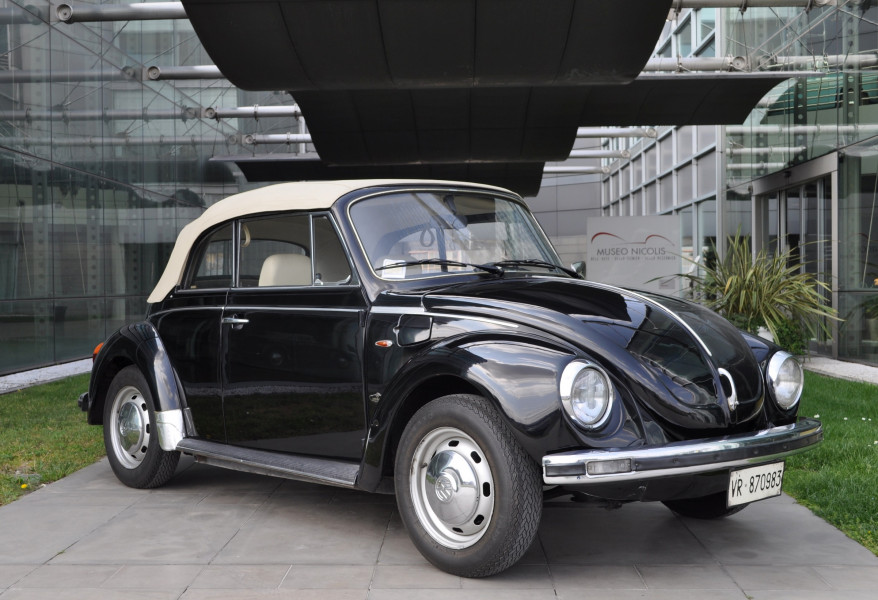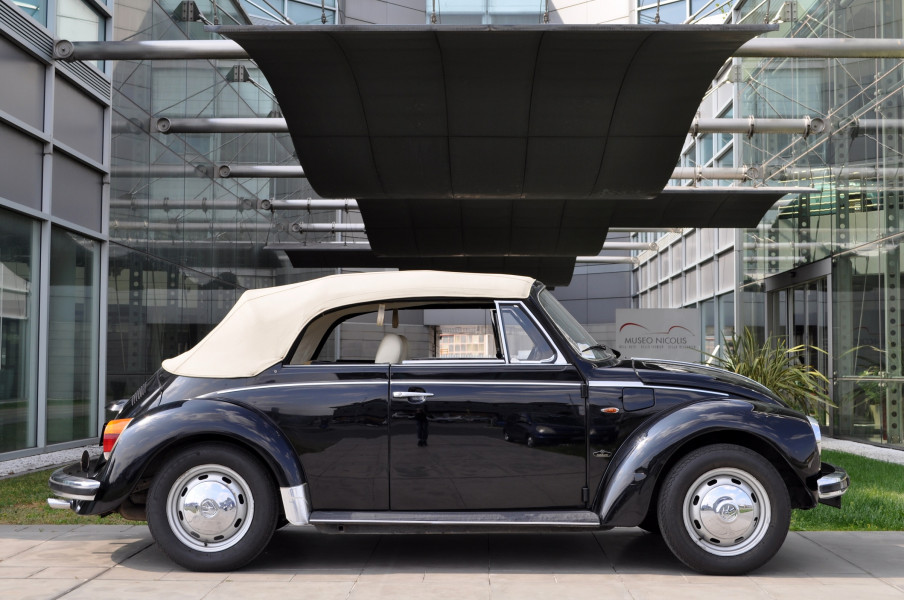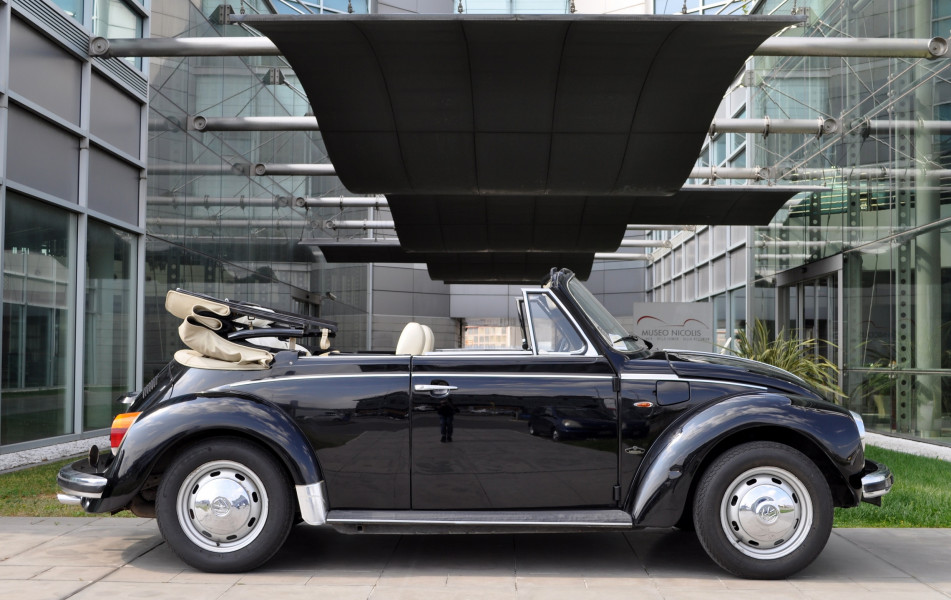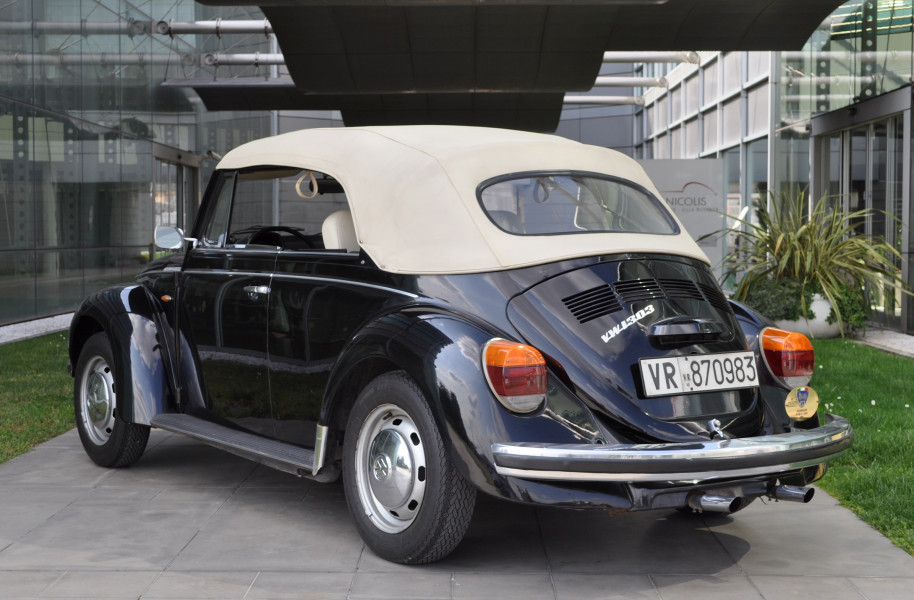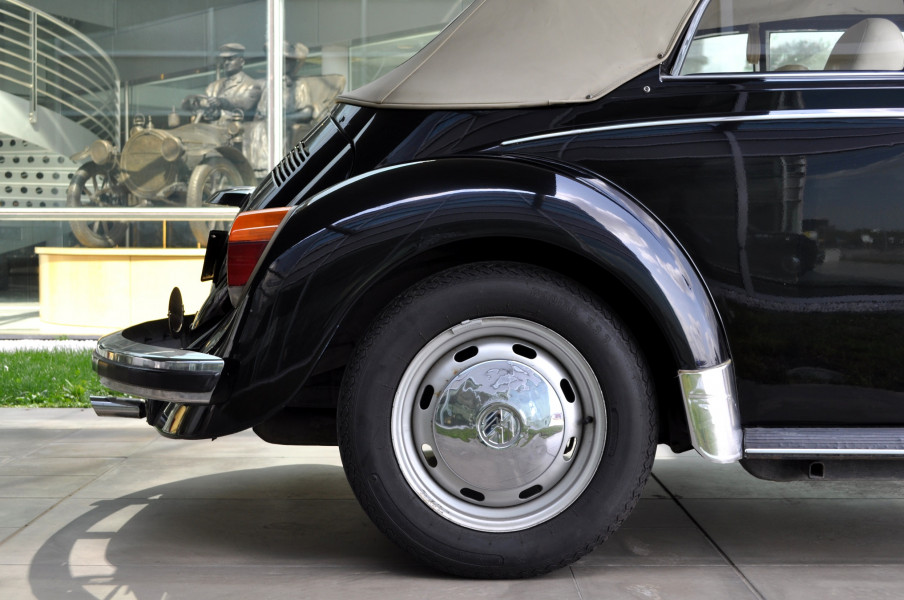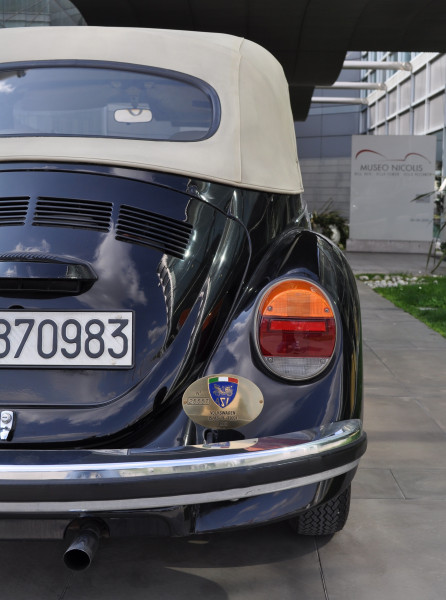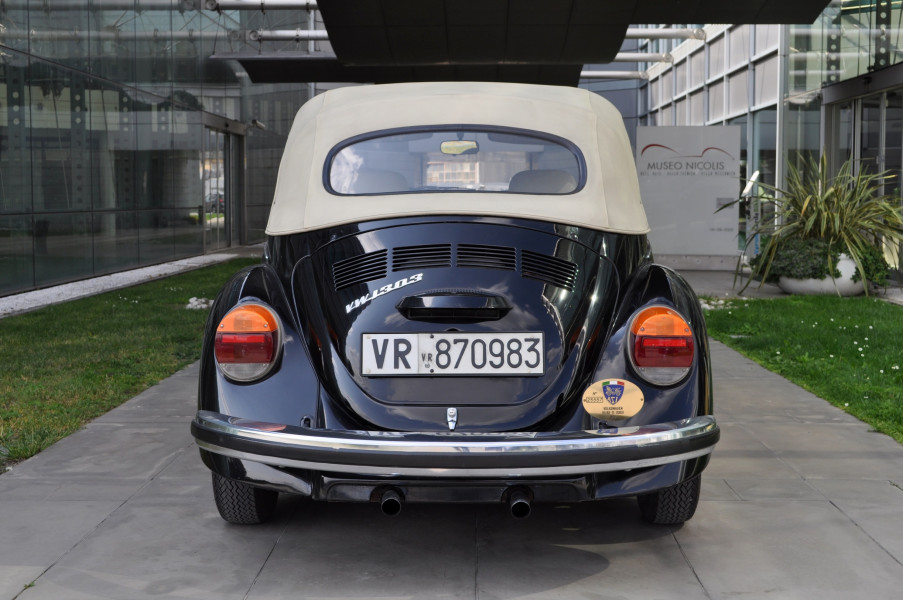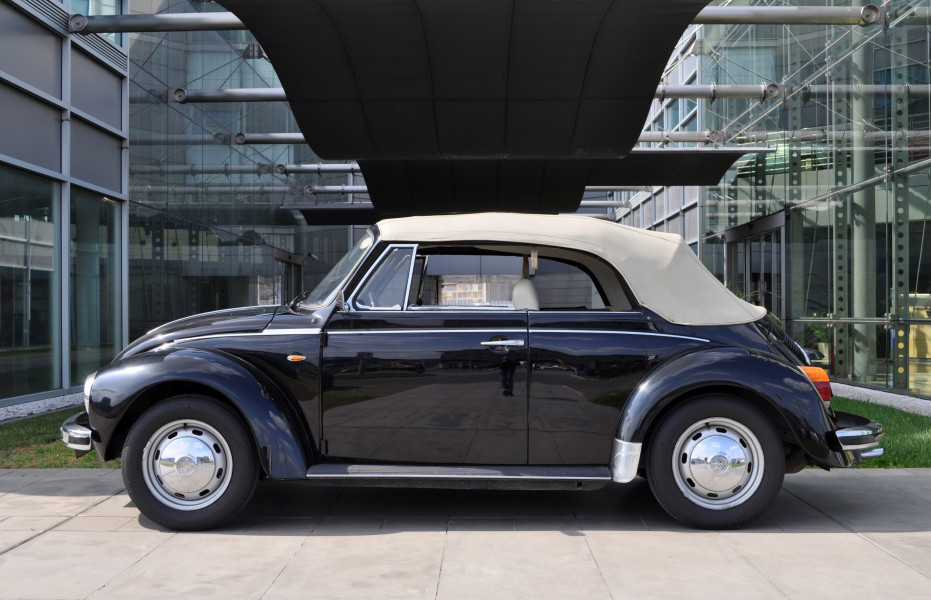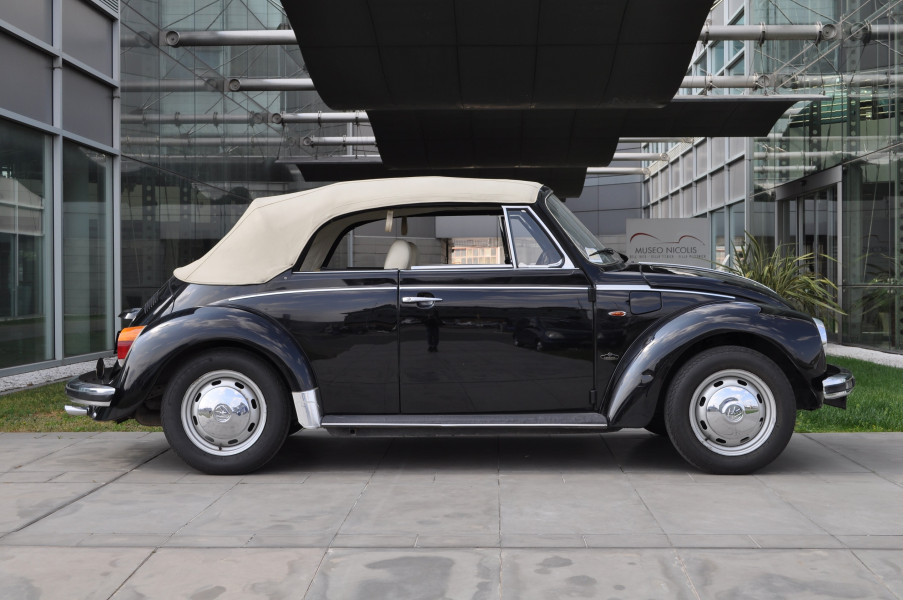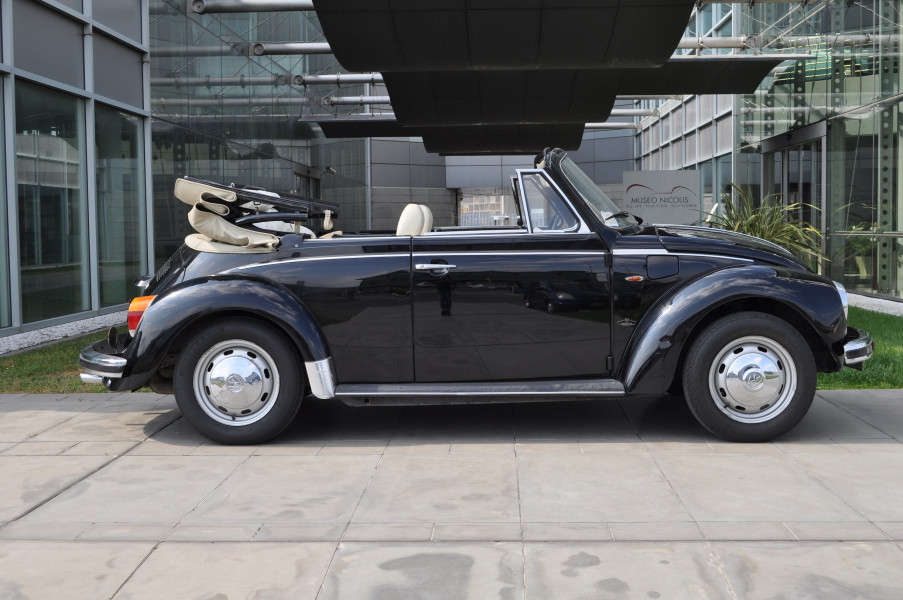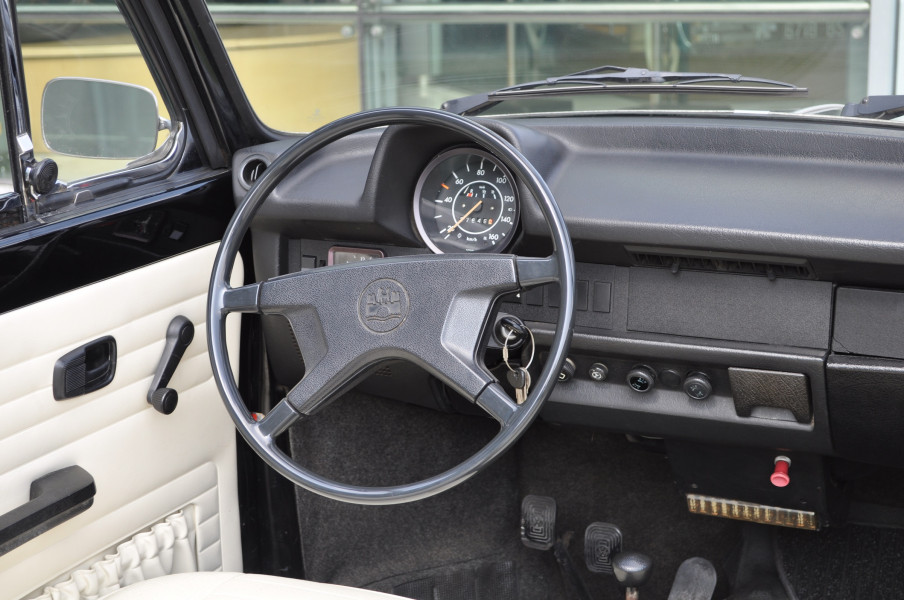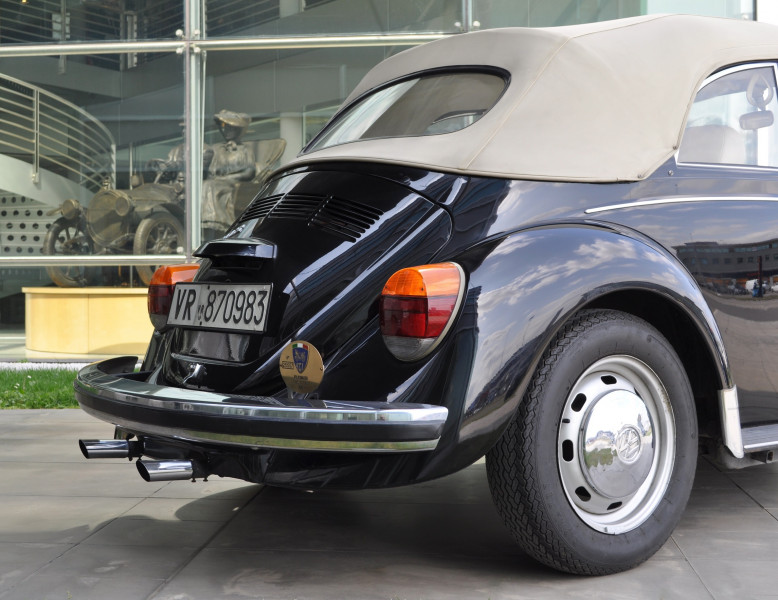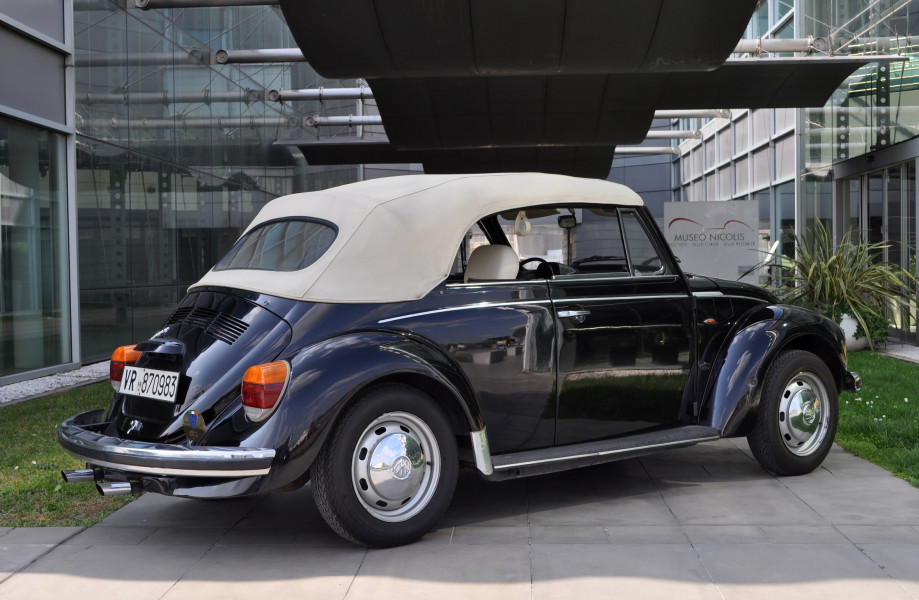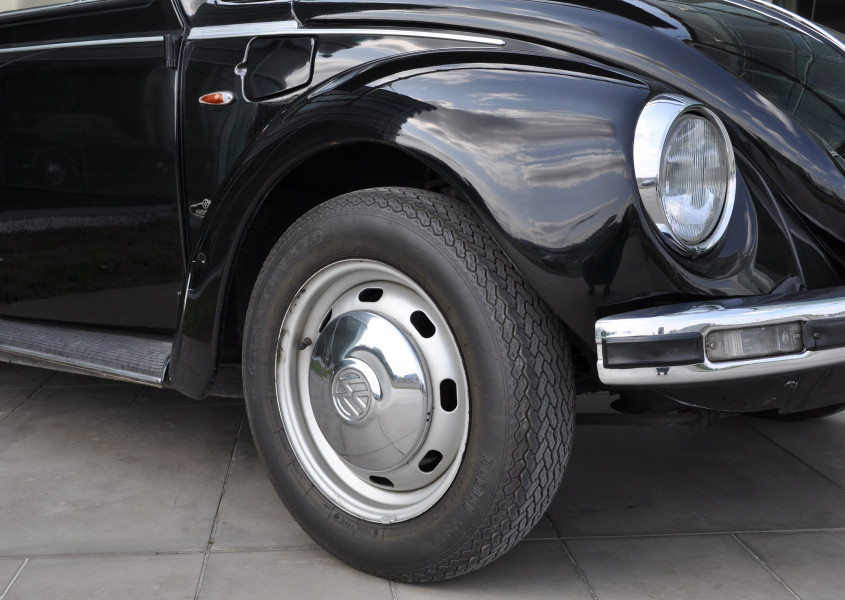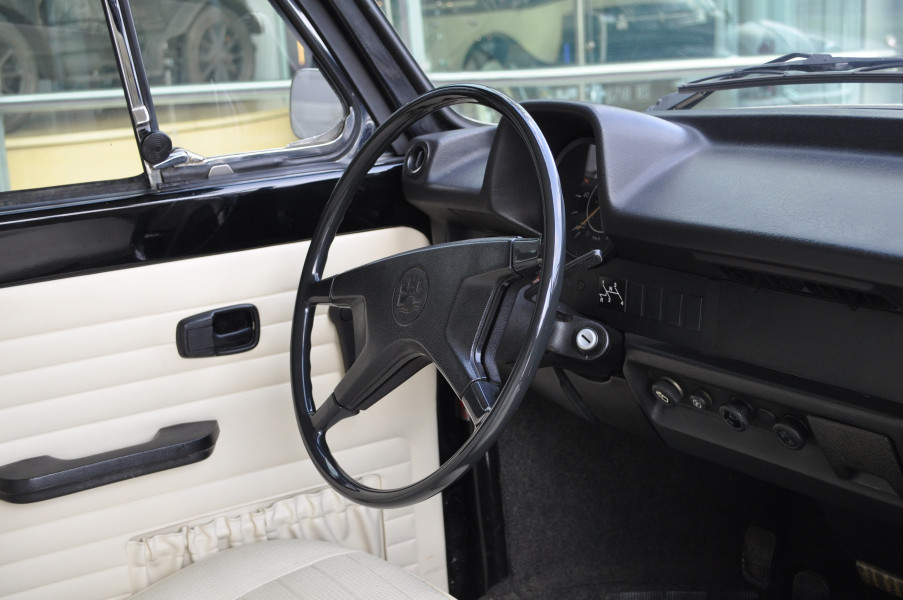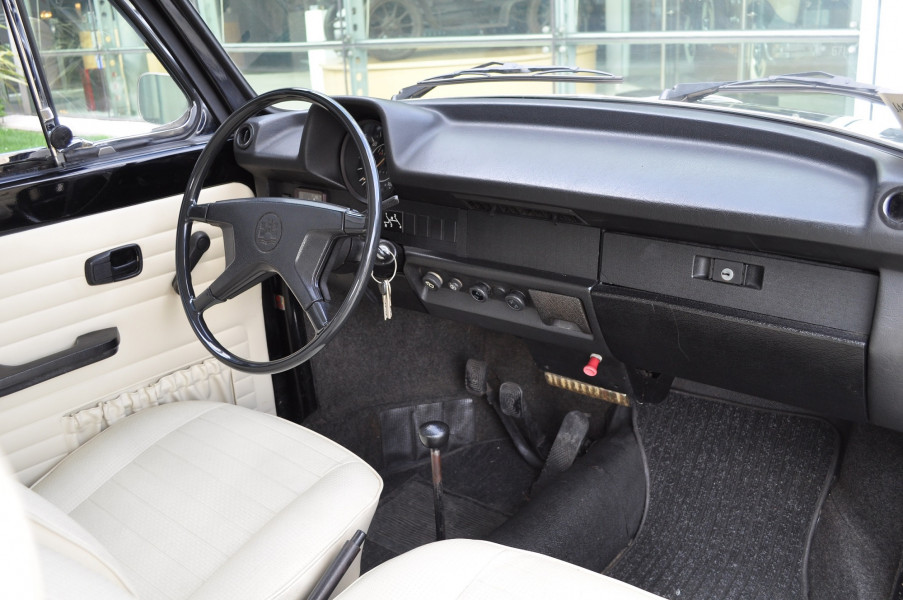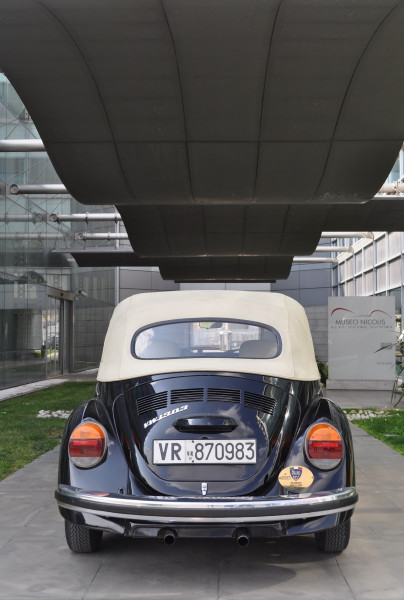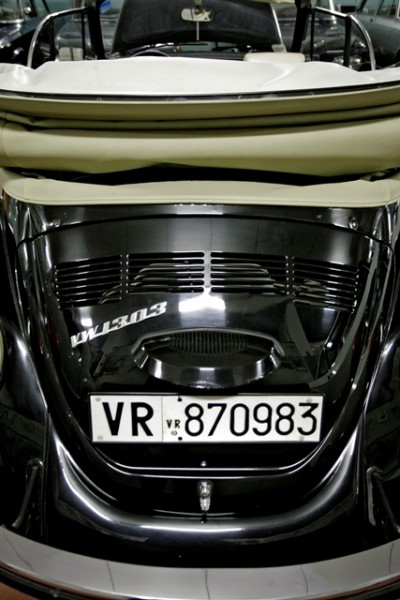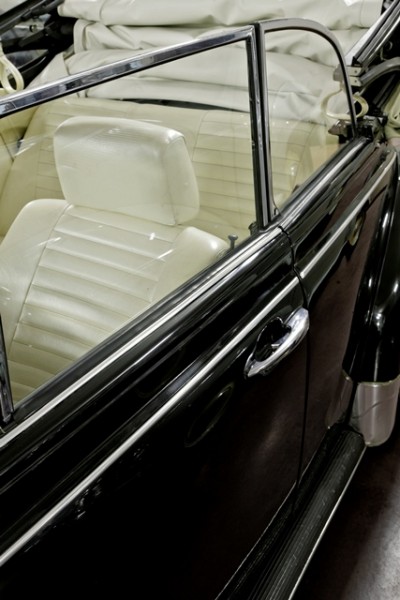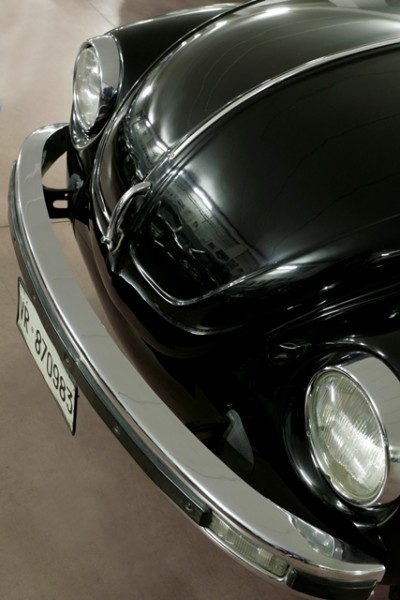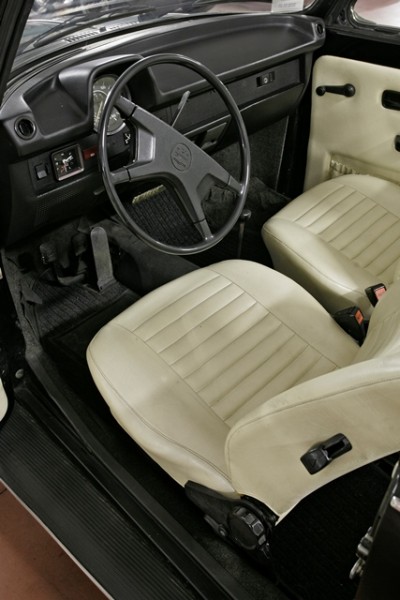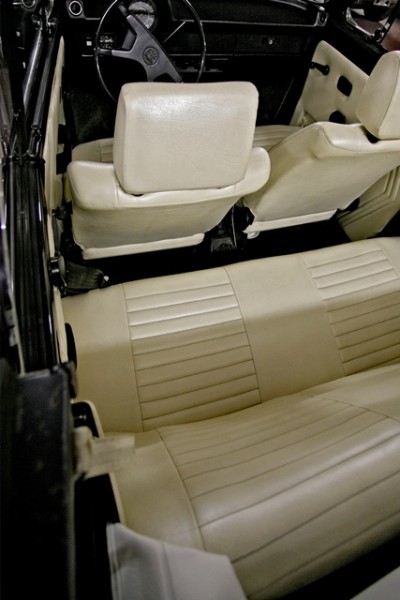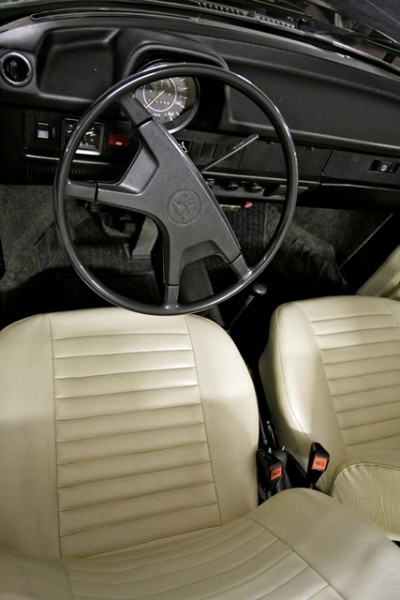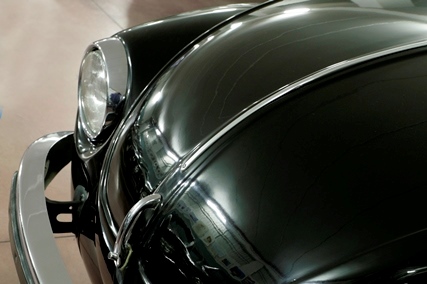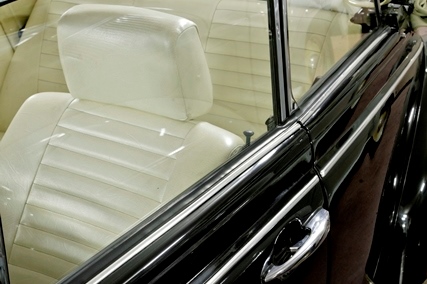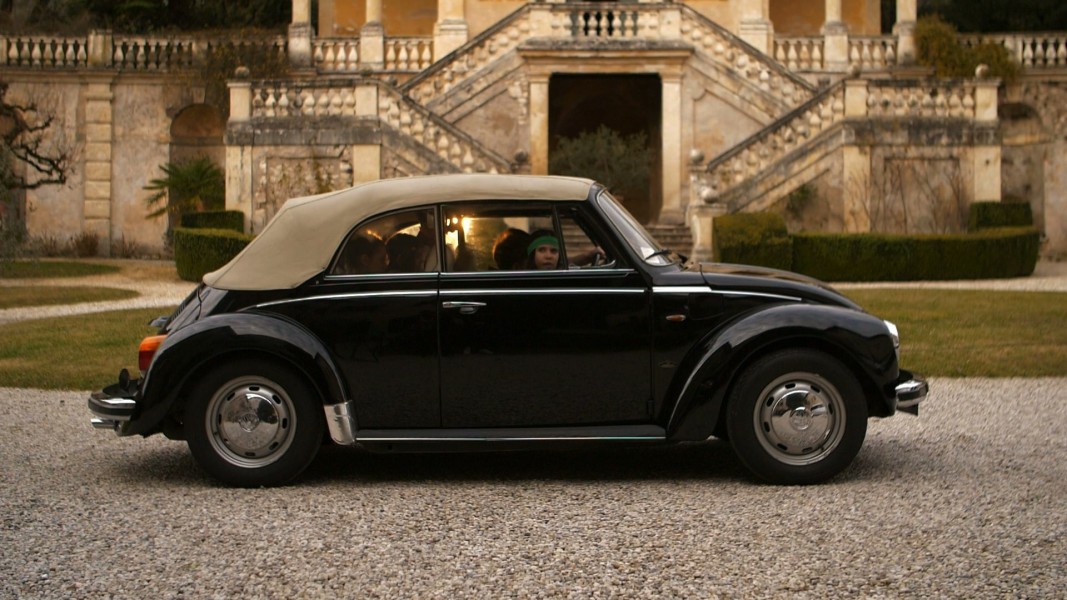Volkswagen, 1976, 1303 Super Beetle Cabrio
Volkswagen 1303 “Super Beetle” Cabrio, 1976, Germany
The most famous car started its adventure in 1934 when Adolf Hitler asked Volkswagen to produce a car within everyone's reach. Ferdinand Porsche was the first to propose a project to the “Fuhrer” who claimed to have found the "greatest designer of all times" to create the "Volkswagen" (the car for the people).
In 1936 three prototypes were built and Hitler chose the name KDF, “Kraft durch Freude" Wagen (the car of the strength through joy), as car name. Porsche's complains about this choice were useless, he thought a car with that name could have not been sold abroad.
In 1938 before the car production began, the German government founded the “Volkswagen” factory in Wolfsburg, in order to give work to its citizens. The public version of the KDF-wagen was introduced in Berlin in 1939, it costed less than a "Topolino" and its design was modern and aerodynamic.
In 1970 a new Beetle version with a completely new front end was introduced: it was called 1302, but people know it as "Super Beetle" because of the bigger nose compared to the standard version, which will be kept in production.
The car in our Museo is a 1303 model, the update of the 1302, in the Cabrio version built by Karmann.
QUIRKS
The car was officially named “Beetle” only in 1968, when an advertising brochure defined it as “Der Kafer” (the Beetle).
The European production of the Beetle stopped in 1978, but kept going in Brasil and Mexico until 2003, making it the longest-running car ever made.
The Beetle is the only mass-produced car that can float, for small periods of time, thanks to its flat bottom and the low weight. A famous journey was the Strait of Messina crossing, repeated several years later, with a slightly-modified Beetle compared to the original
Shooting, Andrea Bocelli and Ed Sheeran’s videoclip

